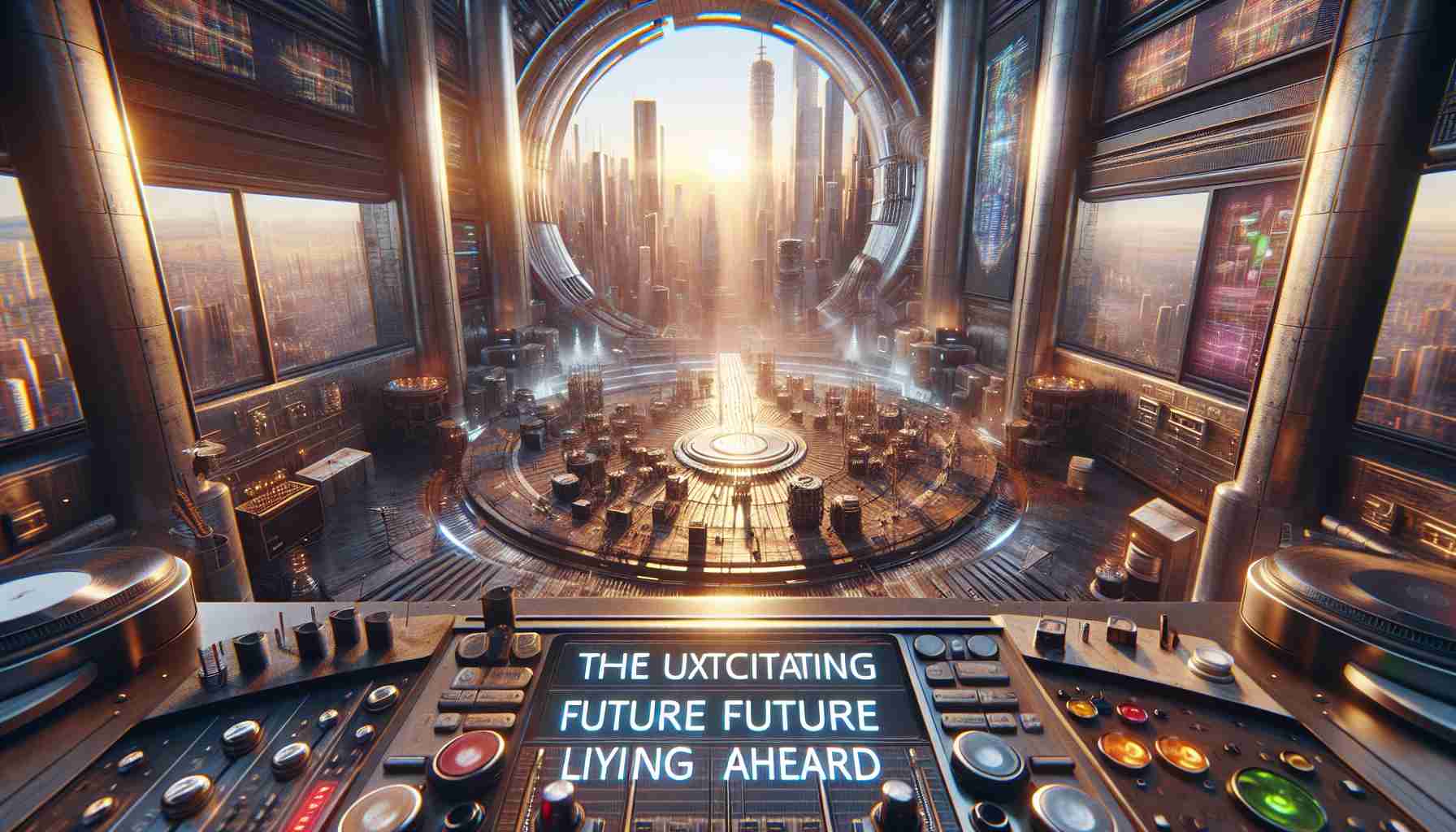Emphasizing holistic learning, the incoming ISRO Chief urges students to embrace dual education systems.
During a recent visit to his hometown in Kanyakumari, V Narayanan, the new Secretary of the Department of Space and current Director at the Liquid Propulsion Systems Centre, delivered an important message to students. He expressed his appreciation for the support he received from family and friends following his recent appointment.
Narayanan highlighted the significance of not just aiming for high marks but also for personal growth. He emphasized the importance of developing effective study habits tailored to individual backgrounds, urging students to focus on both intellectual and value-based education. He explained that while intellectual education pertains to academic studies, value-based education encourages students to understand their role in society and contribute positively to their communities.
Drawing from his modest beginnings, Narayanan shared how his family facilitated his education and supported his ambitions. He paid tribute to past ISRO luminaries and acknowledged the vital work done by current scientists in advancing India’s space endeavors.
He also reiterated Prime Minister Narendra Modi’s vision for a developed India by 2047, encouraging students to dedicate themselves to this goal through their education and hard work. Narayanan’s appointment marks a significant moment for the Indian space program, signaling a commitment to fostering talent that not only excels academically but also enriches society.
Transforming Education: Embrace Dual Learning Systems for a Brighter Future
The New Vision for Students in India’s Space Program
V Narayanan, the newly appointed Secretary of the Department of Space and Director at the Liquid Propulsion Systems Centre, is advocating for a transformative approach to education that combines academic excellence with values. His recent remarks during a visit to his hometown in Kanyakumari emphasize the need for students to embrace dual education systems, which integrate both intellectual and value-based learning.
Importance of Holistic Education
In his address, Narayanan stressed that merely striving for high marks is insufficient. Instead, he called for a holistic educational approach that nurtures personal growth and character development. By encouraging students to foster effective study habits tailored to their unique backgrounds, he aims to prepare a generation that is not only knowledgeable but also aware of their societal responsibilities.
The Dual Education System Explained
What is a Dual Education System?
A dual education system combines theoretical learning with practical application. This approach allows students to gain knowledge while also acquiring skills that are essential for their personal and professional lives. It typically includes internships, apprenticeships, and collaborative projects with industry.
Key Features of the Dual Education System:
– Practical Experience: Students apply what they learn in real-world scenarios, enhancing their skills and confidence.
– Personalized Learning: Education is tailored to the individual’s strengths, interests, and societal needs.
– Community Engagement: Encourages students to engage positively with their communities.
Benefits of Emphasizing Values in Education
1. Social Responsibility: Students learn the importance of contributing to society and understanding their roles within it.
2. Critical Thinking: Value-based education promotes analytical skills, encouraging students to think critically about societal issues and innovate solutions.
3. Character Development: Focusing on ethics and values helps shape responsible citizens who prioritize the common good.
Insights from Narayanan’s Journey
Drawing from his modest beginnings, Narayanan shared how familial support and educational opportunities paved his path to success. This personal narrative resonates deeply, as he acknowledges the role of previous ISRO figures in inspiring current and future scientists.
Future Directions for India’s Space Aspirations
With an eye towards India’s Vision for 2047, as outlined by Prime Minister Narendra Modi, Narayanan calls upon students to invest in their education with the intent to contribute significantly to India’s development. This vision sets a clear trajectory: to cultivate not only top-tier scientists but also community-oriented leaders who can drive progress.
Conclusion
As the Indian space program continues to evolve, Narayanan’s emphasis on a dual education system signals a critical shift towards holistic learning. By valuing both intellectual production and social contribution, the next generation of leaders can emerge, equipped to meet the challenges of tomorrow while actively contributing to the betterment of society.
For more insights and updates on India’s space program and educational reforms, visit ISRO.



















